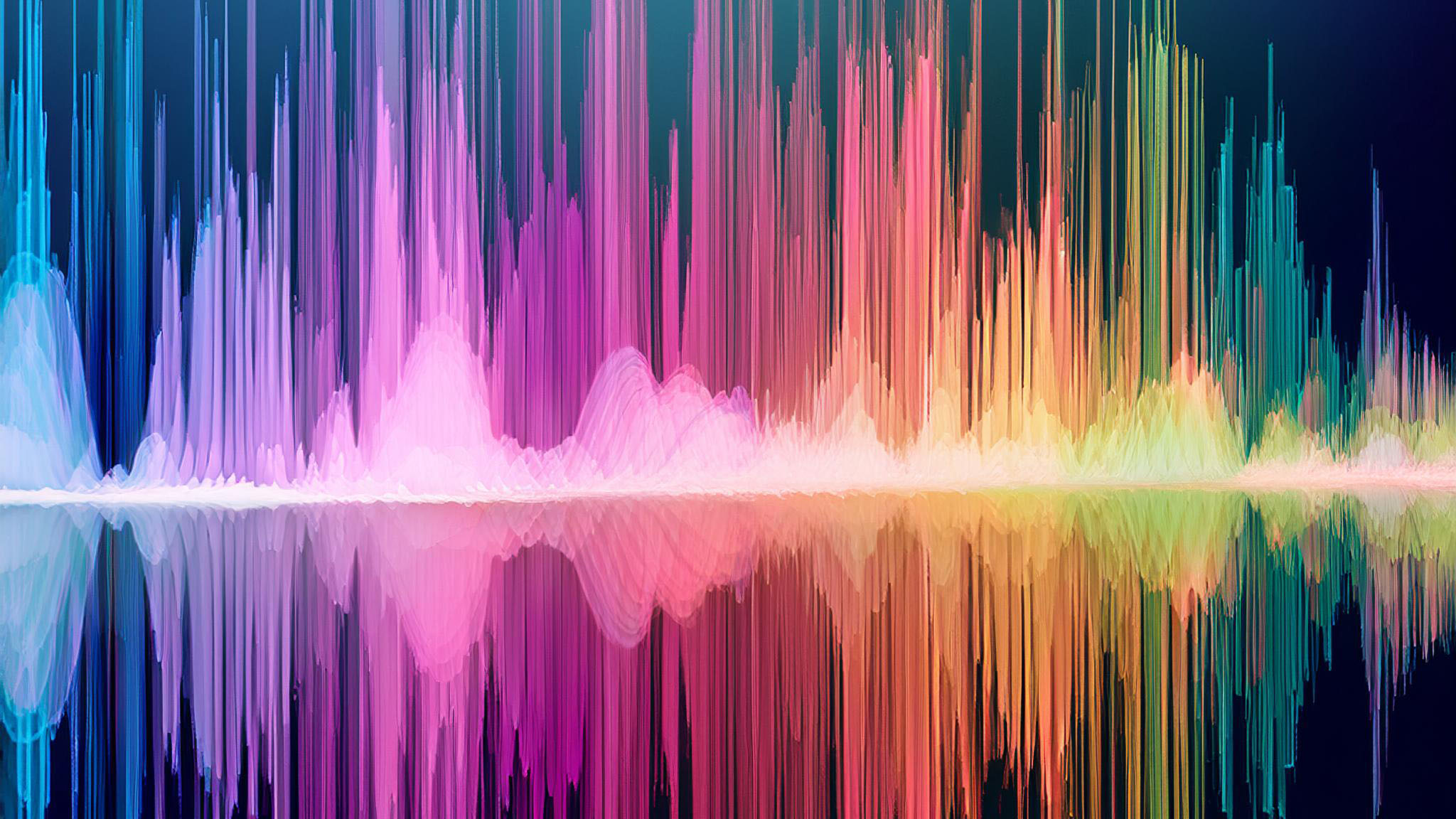Abstract
In radio journalism, ‘foreign language’ interviewee voices have traditionally been almost entirely covered by a voiced translation of their words. In this article we examine experimentation with some different approaches to multilingual content in recent German, French and English-language audio documentaries that challenges assumptions that dubbing over other languages is the only option for factual audio. We explore the practical constraints influencing these choices, as well as the powerful social, cultural and institutional values that shape usage: concerning the status of different languages, the paradigm of monolingual media, and the quest for authenticity and direct access to reality (the illusion of non-mediation). We use this analysis to suggest some descriptors for these varied techniques and suggest that they offer not only more creative scope for producers, but also new ways for to let more voices be heard, and better reflect the rich, multilingual reality of our world.
Keywords: translation, dubbing, radio, podcasting, journalism, documentary, languages
How to Cite:
Wincott, A. & Preger, S., (2024) “Not just dubbing: ways to work with more than one language in audio documentaries and podcasts”, RadioDoc Review 9(2). doi: https://doi.org/10.14453/rdr.1497
Downloads:
Download PDF
View PDF
1831 Views
168 Downloads


